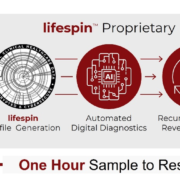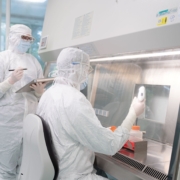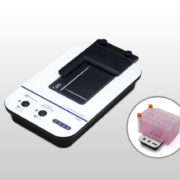Coriolis Pharma to build new campus in Martinsried-Munich
Coriolis Pharma, a globally operating contract research and development organization (CRDO) and one of the world leaders in formulation research and development of (bio)pharmaceutical drugs, ATMP´s and vaccines, is expanding its current headquarters to form a new campus as the next step in its growth strategy.













